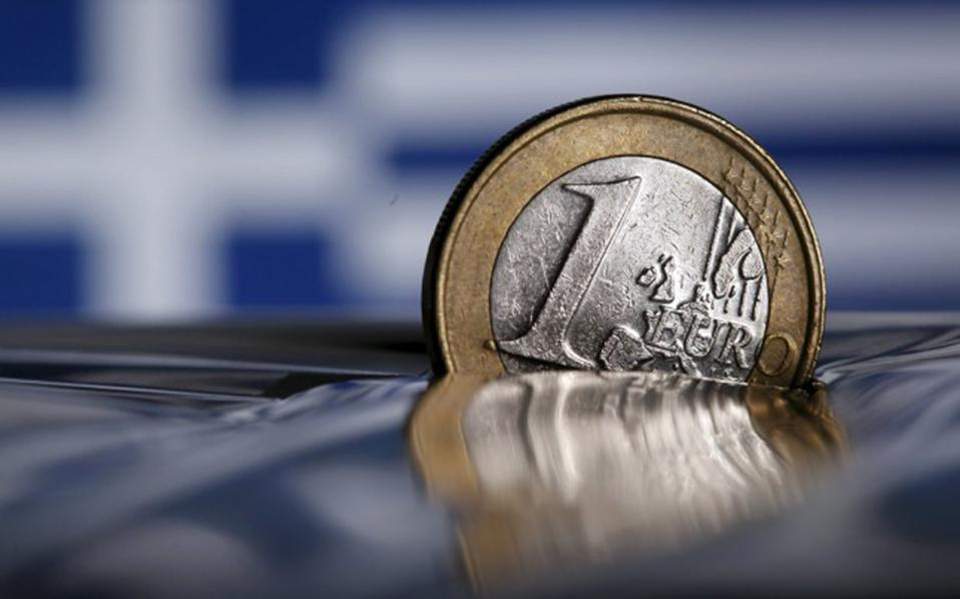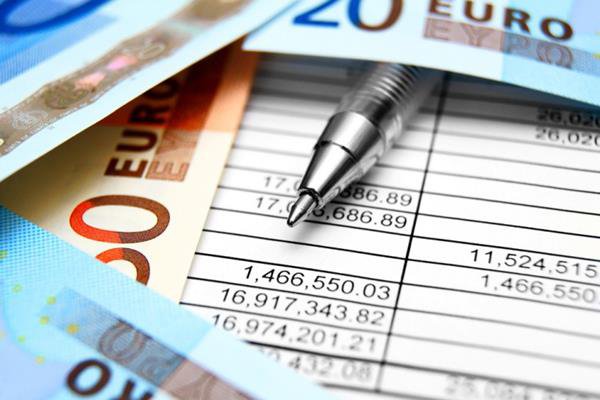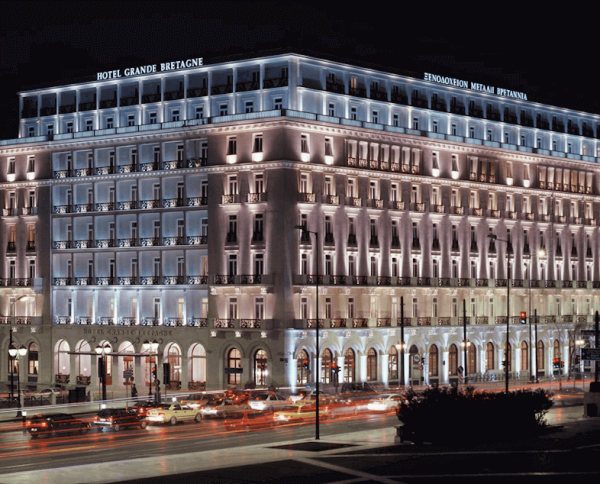
The economic climate index recorded a decline again according to the results of the Economic Situation Surveys for the month of July of the Foundation for Economic & Industrial Research (IOBE).
In particular, the economic sentiment index stood at 101.1 points in July, lower than the previous month (104.1 points) and also compared to July 2021. At the European level, downward trends also prevailed, both in the EU as well as in the Eurozone.
Business expectations fell mainly in Construction, while changes were milder in Services and Industry. The relative index in Retail Trade showed an increase, continuing its fluctuations during the last months.
The protracted energy crisis and the slowdown of recovery in the EU and other economies during the second quarter are now putting significant pressure on Industrial demand. On the other hand, the tourism dynamics remain particularly strong, based on expectations in the sector, with whatever wider positive effects this development entails for businesses and households. In Retail Trade, the household support interventions, combined with the savings of previous years, support the current activity of the sector.
However, uncertainty over the duration of the war, and especially its impact on energy costs, worsened households’ forecasts for general economic conditions over the next 12 months, but also for their financial situation over this period. As a result, Consumer Confidence weakened again, to a five-year low.
Pole position pessimism
Greek consumers remain in first place in the ranking of the most pessimistic consumers in the EU, with a significant difference from the rest. Consumers in Hungary and Slovenia follow, with an index level of -38.4 and -37.9 points respectively, while in fourth and fifth place are the consumers of Cyprus and Austria, with -35.3 and -33.2 points.
In the lowest places of this ranking are Malta (–10.2) and Lithuania (–12.5). A characteristic of the results is that no country is now in the positive range, which would imply optimism from the country’s consumers.
More broadly, an upward trend, but mild, was shown in July by five countries. The average European indices were at -27.3 points in the EU and at -27.0 points in the Eurozone.
Support measures do not alleviate concerns
Now, it seems that the support measures only to a certain extent ease the concern of households about economic developments in the medium term.
The importance of strategic policy interventions, at national as well as European level, to safeguard the prospects of the economy in the medium term emerges anew. The relevant priorities include securing the energy supply, the more efficient use of available means of energy production, the development of networks for the operation of alternative supply chains and, in general, the strengthening of the productive prospects of the economy.
Expectations, in more detail:
– in Manufacturing, the mildly negative balance of orders and demand estimates eased slightly, inventory estimates rose sharply and positive forecasts for output in the coming months strengthened marginally.
– in Construction, negative forecasts for production strengthened significantly, while at the same time forecasts for employment weakened significantly.
– in Retail Trade, estimates for current sales have improved significantly, with inventory levels decelerating sharply, while forecasts for short-term sales development are easing slightly.
– in Services, positive estimates for the current state of business moved sharply upwards, those for demand changed mildly, while forecasts for the short-term evolution of demand fell noticeably.
Latest News

DM Dendias: We talk With Turkey But We Always Bring Up Their Unacceptable Positions
Second and last day of closely watched conference, entitled 'Metapolitefsi 1974-2024: 50 Years of Greek Foreign Policy', also included appearances by PM Mitsotakis, Ex-PM Tsipras and PASOK leader Nikos Androulakis, among others

Rhodes Airport Tops Fraport Greece’s Regional Airports in 2024 Performance
According to Fraport's data, more than 35 million passengers (specifically 35.2 million) were handled by Fraport-managed airports during the 11 months.

European Central Bank Cuts Interest Rates by 25 Basis Points
It is the fourth cut of interest rates by Europe’s central bank, a move expected by the markets and financial analysts leading to the rate settling at 3%.

Airbnb: New Measures Add €600 in Extra Costs for Property Owners
Property managers face an immediate administrative fine of 5,000 euros if access to the inspected property is denied or any of the specified requirements are not met.

Economist: Greece Included in the Best Performing Economies in 2024
Meanwhile, Northern European countries disappoint, with sluggish performances from the United Kingdom and Germany.

EasyJet Expands Its Routes from Athens
The airline’s two new routes will be to London Luton and Alicante and they will commence in summer 2025.

Capital Link Forum Highlights Greece’s Economic Resurgence; Honors BoG Gov Stournaras
Capital Link Hellenic Leadership Award recipient, Bank of Greece Gov. Yannis Stournaras, an ex-FinMin, was lauded for his pivotal role during Greece’s economic recovery

Tourist Spending in Greece Up by 14%, Visa Card Analysis Shows
Greece’s capital Athens emerged as the most popular destination, recording a 17% increase in transactions with Visa cards, surpassing even the cosmopolitan island of Mykonos.

Inflation in Greece Unchanged at 2.4% in Nov. 2024
The general consumer price index (CPI) posted a 0.4% decrease in November compared to the previous month

2024 Christmas Holidays: Extended Shop Hours Schedule
The 2024 Christmas Holidays extended shop hours schedule commences on Thursday, December 12 and runs until the end of the year.

![Φυσικό αέριο: Δυναμικό come back του LNG στην Ελλάδα [γραφήματα]](https://www.ot.gr/wp-content/uploads/2023/01/OT_naturalgas-90x90.jpeg)












![Fraport: Πάνω από 35 εκατ. επιβάτες στα αεροδρόμια το 11μηνο – Πτώση στη Μύκονο [πίνακας]](https://www.ot.gr/wp-content/uploads/2022/06/fraport-90x90.jpg)


















![Φυσικό αέριο: Δυναμικό come back του LNG στην Ελλάδα [γραφήματα]](https://www.ot.gr/wp-content/uploads/2023/01/OT_naturalgas-600x474.jpeg)








 Αριθμός Πιστοποίησης Μ.Η.Τ.232433
Αριθμός Πιστοποίησης Μ.Η.Τ.232433